
Lanctôt advised ruling out any possible underlying medical conditions that could be causing it, including pain, as well as starting with any non-pharmacologic interventions.

Lanctôt advised ruling out any possible underlying medical conditions that could be causing it, including pain, as well as starting with any non-pharmacologic interventions.

The Carl F. Asseff Professor of Ophthalmology and the Director of the Visual Sciences Research Center at Case Western Reserve University spoke about the beginnings of her work with efavirenz.
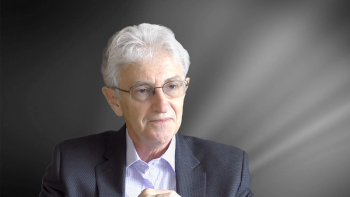
The Jim Turner Chair in Cognitive Disorders at the Vanderbilt University School of Medicine shared his feelings on the early phase treatments.
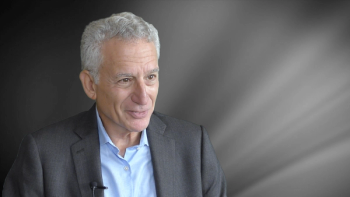
Fillit spoke about remaining need for additional biomarkers in Alzheimer, and what has been developed in recent years.

The psychiatry and pharmacology professor at the University of Toronto and senior scientist at Sunnybrook Research Institute spoke about the use of cannabinoids to treat agitation in Alzheimer.

The Carl F. Asseff Professor of Ophthalmology and the Director of the Visual Sciences Research Center at Case Western Reserve University further discussed the trial of efavirenz in AD.

For the associate professor of neurology, learning, listening, and collaborating are the keys to improving the field of care.
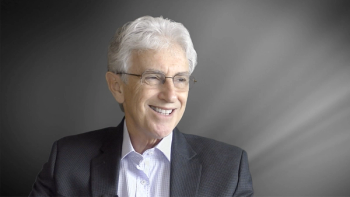
The Jim Turner Chair in Cognitive Disorders at the Vanderbilt University School of Medicine explained more about the molecule and the subsequent trial of it.
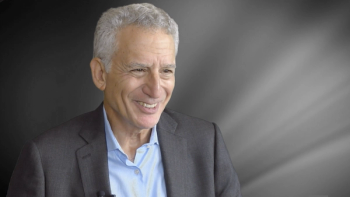
With a heavy focus on the need for new treatments in Alzheimer, there remains a need to ensure patients are cared for first and foremost.

Novel biomarkers are being explored to help expedite the development of new treatments for Alzheimer disease.
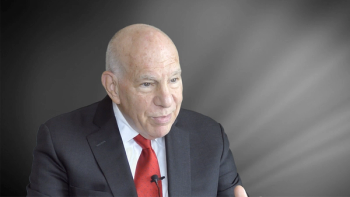
Could the introduction of gene therapies into the Alzheimer space be the beginning of a new era of treatment?

The associate professor of neurology at Mayo Clinic spoke about targeting mitochondria to treat neurologic disorders.

The ADDF's founding executive director and chief scientific officer spoke about the gains in clinical trials in the last 5 years.

Allogeneic mesenchymal stem cells manufactured by Longeveron are advancing through phase I and II clinical trials.
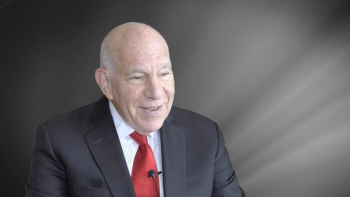
The chairman of the Department of Genetic Medicine at Weill Cornell Medicine shared his experience with the therapy and its potential in the space.